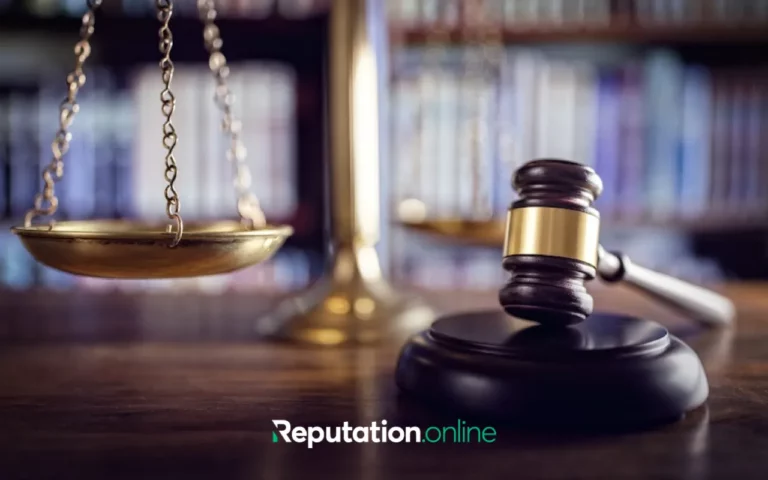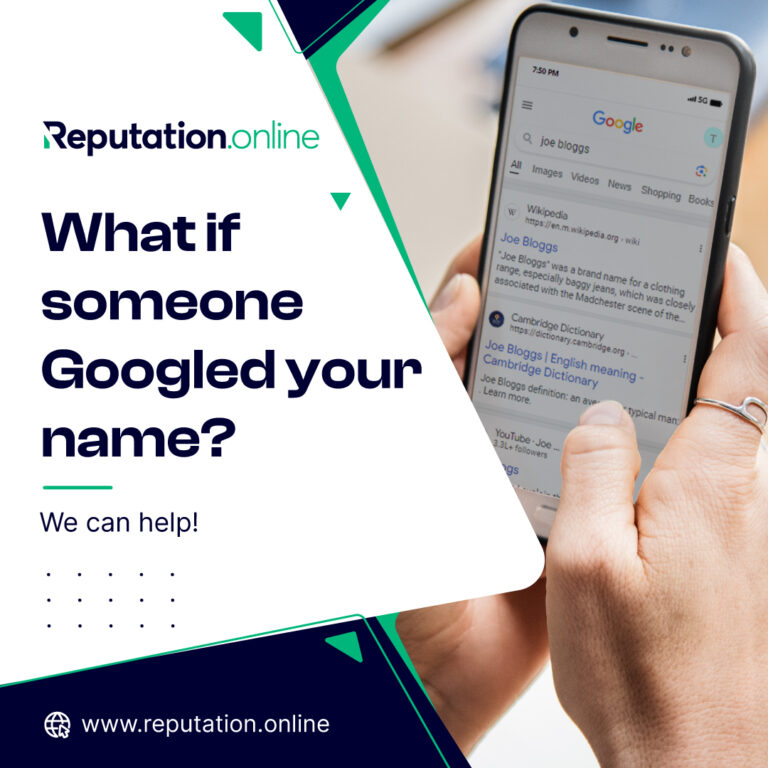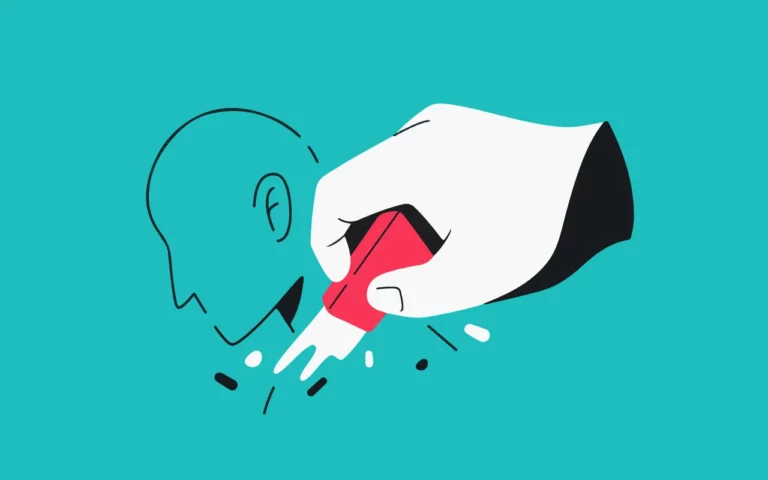As we move into 2023, and the digital age shows no signs of slowing down, there is much talk about the personal and professional impact of damaging content online. Unfortunately, in this interconnected era, both relationships and careers can be easily destroyed with little more than the click of a button. And if you’ve been the victim of defamation online — or you’ve found personal details publicised in unwanted and damaging ways — you’ll know only too well the fear and anxiety that this can cause.
But while we often talk openly about the tangible effects of negative personal content, there are few conversations about one of the most damaging aspects of all: its impact on mental health.
According to experts, privacy — or the sense of privacy — is vital to our mental wellbeing. As well as making us feel safe and secure, it also reassures us that a fresh start is always possible, and that we will be able to recover from any setbacks that might befall us. In other words, privacy allows us to feel at peace with the world. And when that’s taken away, it can have a damaging effect on our mental health.
In fact, the connection is so strong that psychologists have long been arguing that privacy is a mental health issue, campaigning for legislation such as Britain’s GDPR Article 17 — or the Right to be Forgotten — which helps to protect individuals against damaging content online.
Of course, there are some simple steps that everyone can take to protect their privacy and mental health while browsing the web. For example, you should regularly check your security settings across all active social media platforms, and try to limit the amount of time that you spend online. According to the experts, it also helps to be aware of the smart technology in your home and familiarise yourself with the data that it is collecting. Finally, those in the know recommend learning more about your rights, including who can legally gather your personal information.
Unfortunately, though, those precautions aren’t always enough — as anyone who has experienced the fallout of damaging content online will tell you. And it can happen to anyone, too. Perhaps you uploaded embarrassing content as a minor and now it comes up whenever anyone Googles your name? Or maybe you have a spent criminal conviction and online records are making it difficult for you to get a fresh start? Whatever the situation, we understand just how much everyday citizens can be affected by damaging content online — and we’ll always do our best to help.
At Reputation Online we specialise in using the Right to be Forgotten to eliminate any damaging content from popular search engines such as Google, Yahoo, Bing, and DuckDuckGo. To find out more, get in touch with our legal team today.




















